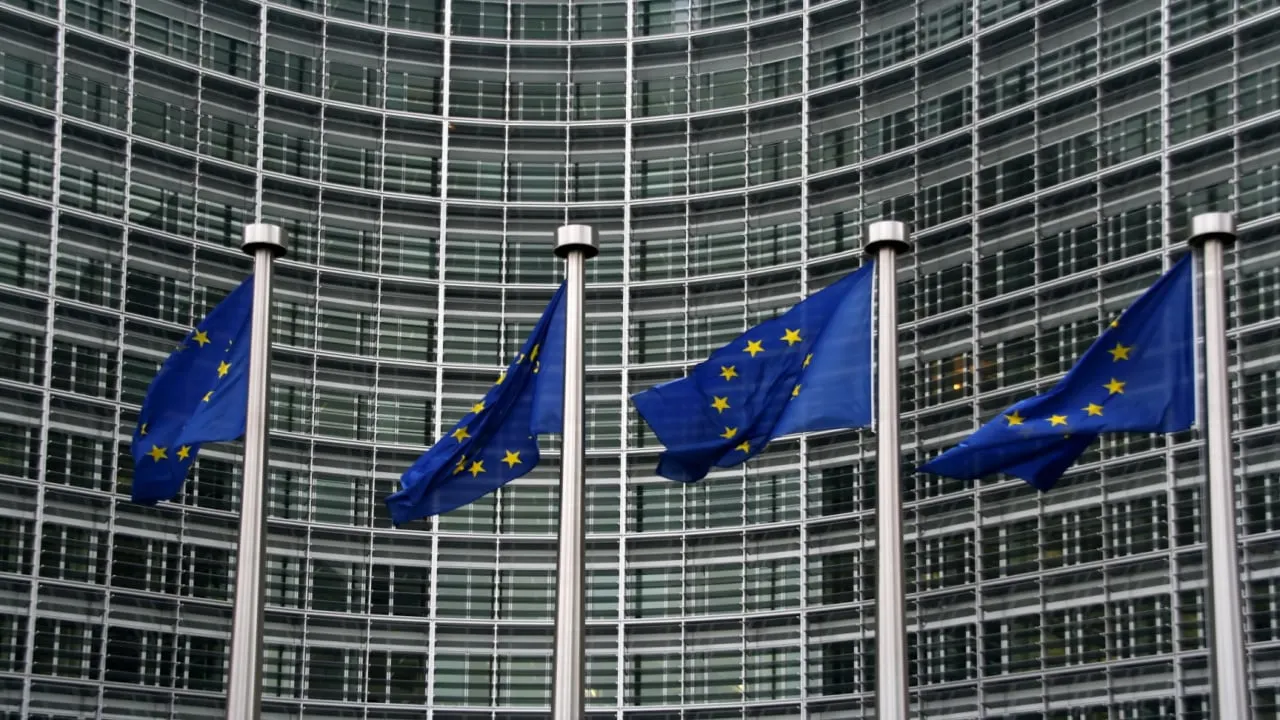UPDATE: Binance initially declared that it would halt trading services for privacy-focused cryptocurrencies like Monero, Dash, and Zcash in several European nations, including France, Italy, Spain, and Poland. A dozen different cryptocurrencies were planned to be unavailable on the Binance platform in these regions starting June 26.
Since then, however, Binance reported a revision in its policy on privacy coins. Seven cryptocurrencies, namely Decred (DCR), Secret (SCRT), Verge (XVG), Navcoin (NAV), Zcash (ZEC), Dash (DASH) and PIVX, will stay listed on these platforms.
"We're grateful to anyone in the Secret community who reached out to Binance, and to Binance for re-listing SCRT in the affected European countries," Secret Network co-founder Guy Zyskind told Decrypt. He added that he believes that the decision came after Binance "understood that SCRT is not a privacy coin, but rather a smart contracts platform that allows you to store and process sensitive data on-chain."
ORIGINAL: Crypto exchange Binance will cease offering trading services for privacy coins like Monero, Dash, and Zcash to its customers in France, Italy, Spain, and Poland.
In total, a dozen different coins will no longer be available on the platform in these countries starting from June 26.
The full list of tokens that will stop trading: Decred (DCR), Dash (DASH), Monero (XMR), Zcash (ZEC), Horizon (ZEN), PIVX, Navcoin (NAV), Secret (SCRT), Firo (FIRO), BEAM, MobileCoin (MOB), and Verge (XVG).
“Secret is not in fact a privacy coin. We reached out to Binance to clarify this. Secret’s transactions are public, it’s data in smart contracts that remain confidential,” Co-founder and CEO of Secret Labs Guy Zyskind told Decrypt. “In fact, Secret is much more appropriate for GDPR-type applications in the blockchain setting.”
This action has been triggered by regulatory requirements, aiming to adhere to the law in these countries, Binance told Decrypt.
“As part of Binance’s ongoing compliance processes, we have reached out to affected users, to notify them that they will no longer be able to purchase or trade privacy tokens on our platform," a spokesperson said.
The move comes at a time when the European Union is pushing ahead with its landmark Markets in Crypto Assets (MiCA) regulatory framework. Specifically, MiCA would prevent exchanges from supporting privacy coins unless coin holders' identities have been verified.
This is part of a broader proposal aimed at banning large cash transactions and establishing a new anti-money laundering agency within the bloc.
Privacy coins, which shield user transactions from surveillance and provide a level of anonymity that appeals to many, have also attracted criticism for potentially facilitating illegal activities such as money laundering and terrorism financing.
This creates a complex situation for regulators and governments trying to balance protecting user privacy with preventing illicit transactions.
EU legislators, led by officials from the Czech Republic, are currently reviewing a draft of a money laundering bill. The bill suggests that crypto asset service providers, as well as financial and credit institutions, should be prohibited from using coins that offer privacy.
Should it pass, the bill could significantly undermine the use of privacy coins, which have gained popularity in the face of strict regulatory laws.
Editor's note: This story was updated after publication with new information.

